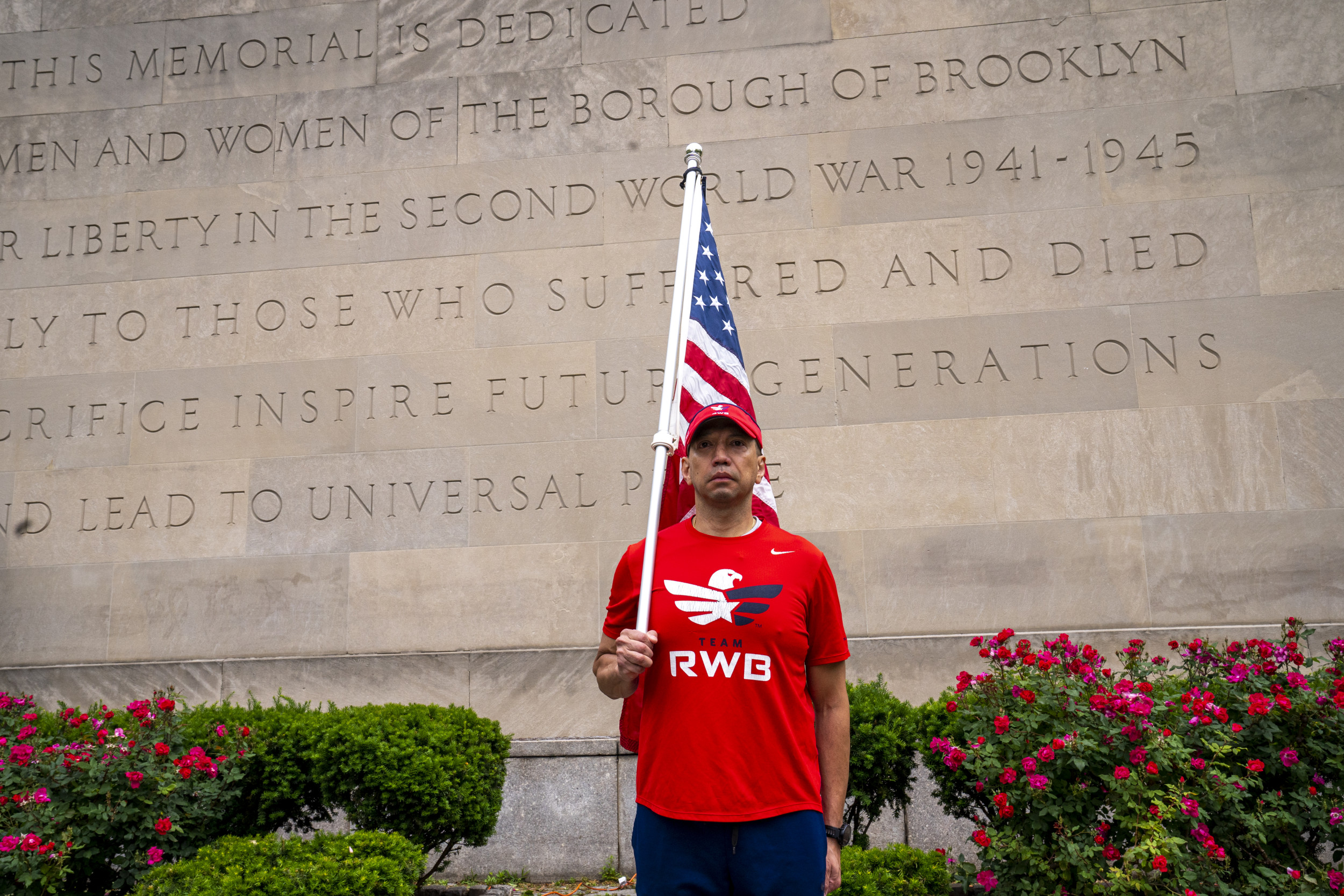Expansion of Caregiver Support for Legacy Veterans
The U.S. Department of Veterans Affairs (VA) has taken a significant step to support more veterans and their caregivers by expanding the eligibility criteria for its Program of Comprehensive Assistance for Family Caregivers (PCAFC). This initiative aims to include “legacy” veterans—those who served before 2001—and their caregivers, ensuring they receive the same benefits as those who joined the program after recent policy changes.
This expansion is particularly important for veterans who were injured or became seriously ill due to their service before September 11, 2001. These individuals, often referred to as legacy participants, previously faced uncertainty about their continued eligibility under updated guidelines. The new rule will extend program eligibility for these participants, as well as legacy applicants and their family caregivers, for three years while the VA continues to refine the program.
Understanding the PCAFC
The PCAFC provides essential support to eligible caregivers, including financial stipends, access to health insurance, mental health counseling, respite care, and training in medical and caregiving tasks. Initially designed for post-9/11 veterans, the program was expanded in recent years to include those who served before May 7, 1975. However, veterans who served between 1975 and 2001 were expected to be phased in later, causing frustration among many.
Legacy participants are defined as veterans, service members, and their family caregivers who were participating in PCAFC as of September 30, 2020. Legacy applicants are those who applied for PCAFC before October 1, 2020, and were accepted into the program on or after that date. The new announcement ensures continuity of care for those already approved under older criteria and aims to eliminate gaps in support.
Additional Benefits and Legislative Developments
In addition to the PCAFC expansion, the VA recently announced a temporary expansion of burial benefits for certain veterans and their families. This increase is part of the Senator Elizabeth Dole 21st Century Veterans Healthcare and Benefits Improvement Act, commonly known as the Dole Act. Under this legislation, eligible veterans will have their full burial costs covered.
President Donald Trump’s recent budget bill also includes provisions affecting veterans’ programs. Historically, these programs have received bipartisan support and consistent funding increases. Trump’s proposed budget continues this trend with an $83 billion boost over the prior year, primarily for mandatory medical care and benefits payouts.
House Republicans have introduced a $453 billion bill for the VA in fiscal year 2026. While this bill maintains key benefits for veterans, it also includes changes that could impact how some services are delivered and funded. The new spending measures, part of the sweeping One Big Beautiful Bill passed by the House in May, come as the VA faces various changes, including staff cuts that have triggered protests nationwide.
However, the bill’s inclusion of policy items related to reproductive health, firearm access, and vaccine mandates could limit or reshape access to VA services.
Reactions and Future Steps
VA Secretary Doug Collins emphasized the importance of legacy caregivers in shaping the Caregiver Support Program. He stated, “This decision underscores VA’s commitment to Veterans and caregivers across the nation and will help provide consistency and stability to nearly 15,000 legacy participants for years to come.”
More detailed guidance is expected from the VA in the coming weeks. Current participants are encouraged to stay in contact with their local Caregiver Support Coordinators for updates. This expansion represents a critical step forward in supporting veterans and their families, ensuring they receive the care and benefits they deserve.







